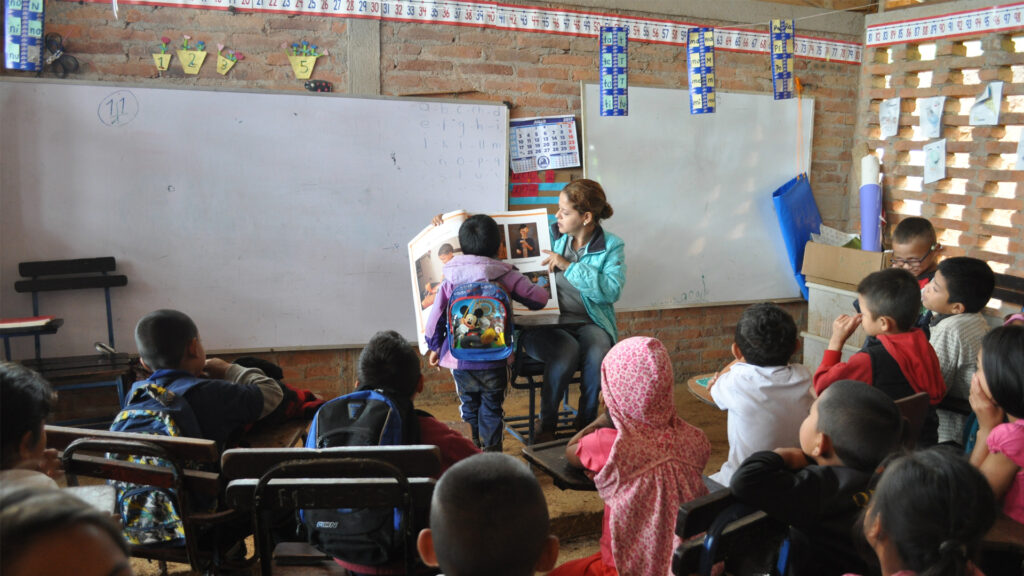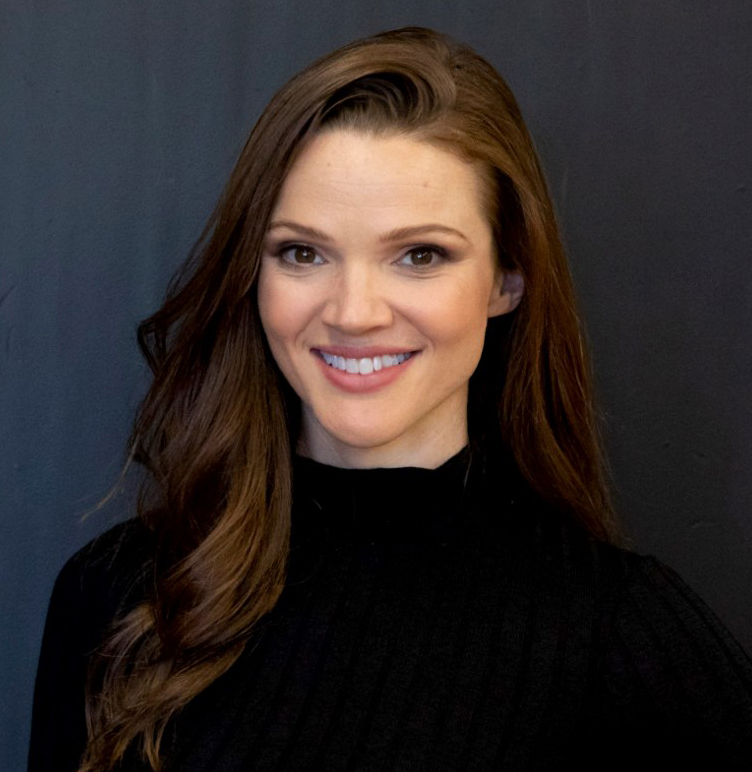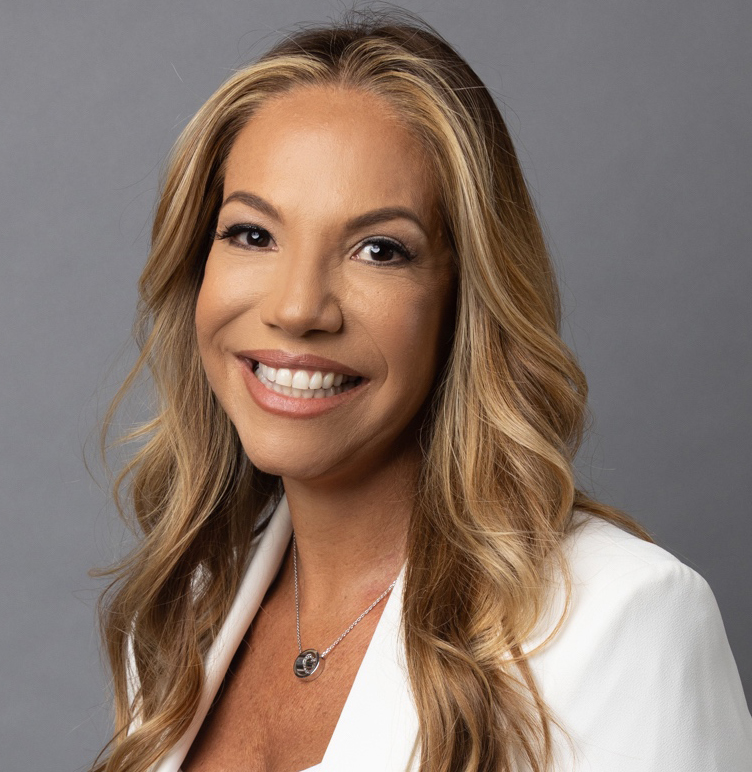By Kristin Van Busum, Project Alianza; and Thais Lopez Vogel, VoLo Foundation
“I want to go to the United States.”

That was what a nine-year-old Nicaraguan girl, whom we’ll call Ana, said to me 10 years ago when I asked what she wanted to be when she grows up. It was as if her dark, wide eyes projected dreams that stretched beyond her life on a coffee farm.
There are many reasons why young people dream of finding a better life elsewhere. The narrow lowlands of Central America, with oceans on either side, are particularly vulnerable and exposed to devastating effects of climate change.
Rising sea levels, extreme temperatures, and the intensity and irregularity of rainfall are only some of the factors of climate change exacerbating the challenging socio-economic issues of the region. Poverty, crime and repressive governments have created a perfect storm.
I have met hundreds of children like Ana, who attended school for one or two years and then dropped out to help support their families. In countries like Nicaragua and Guatemala, children in rural areas receive six years of education on average, often in schools with no running water or toilets and few supplies. Children from different grades are mixed in single room, mud-floored schoolhouses.
Back then I was a Fulbright Scholar in Nicaragua. The experience led me to build Project Alianza, a social enterprise that is working to close the education gap for children in rural areas throughout Central America.
The complexity of forced migration calls for solutions to go beyond palliating the crisis at our border. Education must be at the center of that solution.

Over the past decade, my work has focused on finding innovative solutions for improving education, such as training local women as literacy coaches, and enriching homes with literacy content by way of radio and mobile apps. Our cash transfer programs — a modest stipend to the household to offset costs of education — coupled with other family supports have kept children, particularly girls, in schools. As a result of this work, 9 out of 10 girls stay in school.
By investing in education, we teach young people the skills necessary for meaningful employment and active civic engagement. Quality education helps combat delinquency by providing alternative paths and fostering a sense of hope.
I’ve seen this firsthand: In communities where we’ve made investments in education, parents have chosen to stay. In areas where we’ve built a school and provided scholarships, there have been drops in gang violence. Educated girls are starting their own businesses or becoming teachers themselves.
With improved access to education, Central America can become a hub for creativity, innovation and sustainable development. Entrepreneurship not only drives economic growth but also helps create local job markets, reducing the need for individuals to pursue employment outside their native country.

A couple of years after I first met Ana, I went back to visit her. I was told that Ana and her family had left the village to trek north to the United States. I never heard from her again. I pray that her fate was not that of thousands of migrant children who are placed in detention camps, separated from their families, or, at worst, killed on the perilous journey to the border.
Investing in education is not just a moral imperative but also a strategic solution to quell forced migration from Latin America. By prioritizing education, we can create a future where individuals can thrive within their own countries, free from the desperation that compels them to seek refuge elsewhere.
Let us come together to build bridges of knowledge, cultivating a generation of young minds ready to seize opportunities and create their own solutions. By doing so, we will be unlocking the true potential of Central America and at the same time, ourselves.
Kristin Van Busum is founder and CEO of Project Alianza. Thais Lopez Vogel is the co-founder and trustee of VoLo Foundation, a nonprofit foundation focused on science-based climate solutions, education and health that has provided funding to Project Alianza.
If you are interested in submitting an opinion piece to The Invading Sea, email Editor Nathan Crabbe at ncrabbe@fau.edu. Sign up for The Invading Sea newsletter by visiting here.



